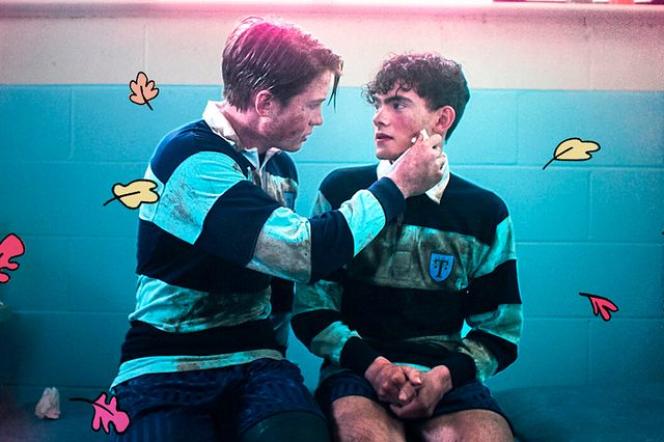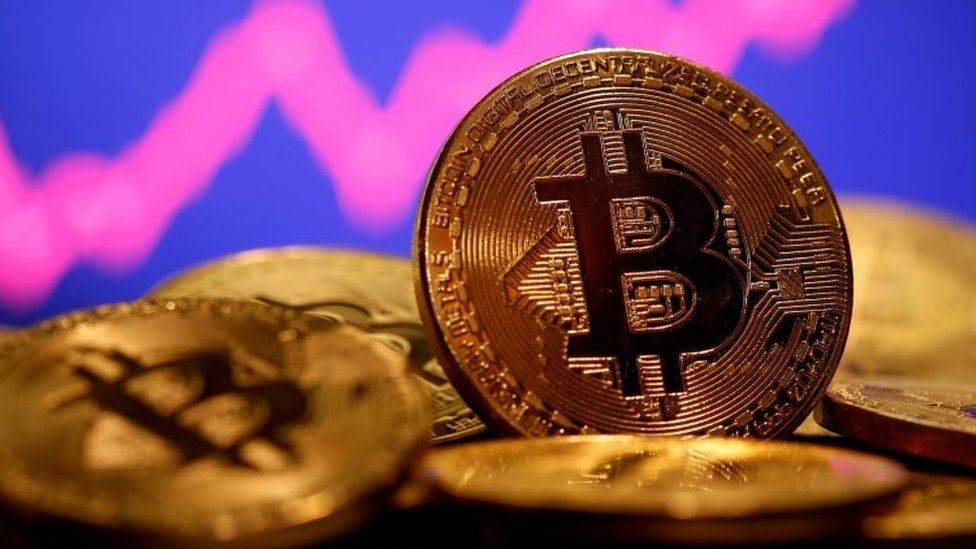This Tuesday, May 17, 2022 was marked, as every year, by the World Day Against Homophobia. This event is also an opportunity to question the representations and perceptions we have of the place of differences in our society. An easy little test is to use the search functionality on the site of any French daily newspaper and consult the results associated with the keyword “LGBT”: we generally find a mixture of news items and stories of violence.
Without making it an obsession, just out of curiosity, survey the sites of the main French daily newspapers three to four times a year and you will find almost always the same content: the French press rarely offers much hope for LGBT people. No exceptions to this rule Tuesday 17: A quick search of the term “LGBT” on the Le Monde website returned several articles about a horrific homophobic crime committed by legionnaires, another about a footballer refusing to wear a shirt associated with the fight against homophobia, another on the rise in homophobic crimes and violence, and finally another on the homophobic remarks of an unsuccessful presidential candidate. Low and gray weather: Not much hope on the horizon for the LGBT planet in recent weeks.
Coincidentally, that evening of May 17, when we hadn’t turned on the television for several weeks, my husband and I went in search of a new series to occupy our evening. Netflix’s algorithm suggests a program of the moment: Heartstopper. A teen series, adapted from the graphic novels by Alice Oseman, about the friendships and budding love between two boys in a group of queer teens. We don’t feel totally on target: we haven’t been teenagers for a long time and we are well past the stage of the first emotions… but the algorithm is formal and the episodes are short! And then I’m from Angoulême, so it’s almost a patriotic duty for me to support all graphic novels and their adaptations.
Without much enthusiasm, we therefore engage in the viewing of the series. The charm works instantly: we are immersed in a universe of joy, self-acceptance and comfort. A kind of “hygge” series, inclusive, caring, which warms you up and gives you cuddles. I had never seen (or read) such a positive, tender and optimistic story about a teenage and homosexual couple. The obstacles, the violence, the rejection of others are not hidden there, but of all this we retain only the beauty, solidarity and acceptance. Even coming out, a stage that is so painful, distressing, dreaded (and unfair) for all LGBT people, is treated with tenderness and gentleness.
This story is not only aimed at an LGBT audience, on the contrary, the characters are diverse, of all colors and sexual orientations, and are embodied by actors literally living their characters. Heartstopper does not minimize the questions, the difficulties related to adolescence and the discovery of difference (at home or in others) but allows them to be dramatized and above all emphasizes the beauty of encounters and love. It’s very milkshake and marshmallow but never cream pie.
It has now been several days since we finished Heartstopper and the smiles have not left our faces as this “little” series radiates warmth and tenderness. But this smile is tinged with melancholy. I’m 33 and I didn’t particularly suffer from homophobia or bullying at school or high school. I just stayed quiet waiting for it to pass and relying on the anonymity of a big city and college experience to finally meet someone “like me”.
Still, it’s hard not to tell yourself that you’ve been deprived of an important part of your teenage life: at the time, I didn’t even know that a love affair was possible between two boys. I was especially afraid, afraid of AIDS, of the perception of others, of not appearing masculine enough, of doing the wrong things, afraid of rejection. Fear that all this will end very badly.
Deeper still, like most LGBT people I know, I suffered from my own internalized homophobia. Immense progress has of course been made in terms of the rights and recognition of LGBT people, but representations have not evolved that much. This is why this program resonates so deeply within us, under the guise of a light little romance: it offers a new representation of LGBT relationships never seen before. Even after all these years, when I’m happily married to a man, I’m still amazed at the very idea of being able to represent a luminous and solar LGBT love story, against the tide of the low and gray time that we is promised at screen length. An LGBT love story with a happy ending!
This raises the question of the representation of difference in our society. Such a story will – it is desirable – touch millions of people around the world, adolescents, their parents and contribute to positively changing perceptions around love among homosexuals. So why aren’t we talking about it? Why don’t the “serious” media, like Le Monde, talk about inclusion, about positive narratives around representations? Why are articles mentioning the term LGBT so rare and almost always tragic?
It is perhaps no coincidence that this series comes to us from the United Kingdom, that it is taken from an English graphic novel, from a country where, last week, the first professional soccer player of the activity story has come out. You can search for ‘LGBT’ on the Guardian site and you’ll get much more, much more positive results, conveying positive portrayals. It might be time to draw inspiration from our cousins across the Channel because it is a question here of giving hope to young people who feel isolated and do not always understand what is happening to them in adolescence. We must show all teenagers that they can also expect the best, that they can also dream, that they have the right to happiness and this regardless of their “difference”.
Let’s hope that on May 17, 2023, by searching for “LGBT” on the Le Monde site, we will be able to access more varied content, testimonials, cultural content, positive representations of what it means to be LGBT today. In the meantime, please, “serious” readers of Le Monde, parents of all teenagers, watch and read Heartstopper. Show this series to your children, encourage them to read the albums, discuss these topics with your children and friends. It would be a shame to miss it: it’s a love story and it has a happy ending.
Thomas Nicolas de Lamballerie, Romainville (Seine-Saint-Denis)

















